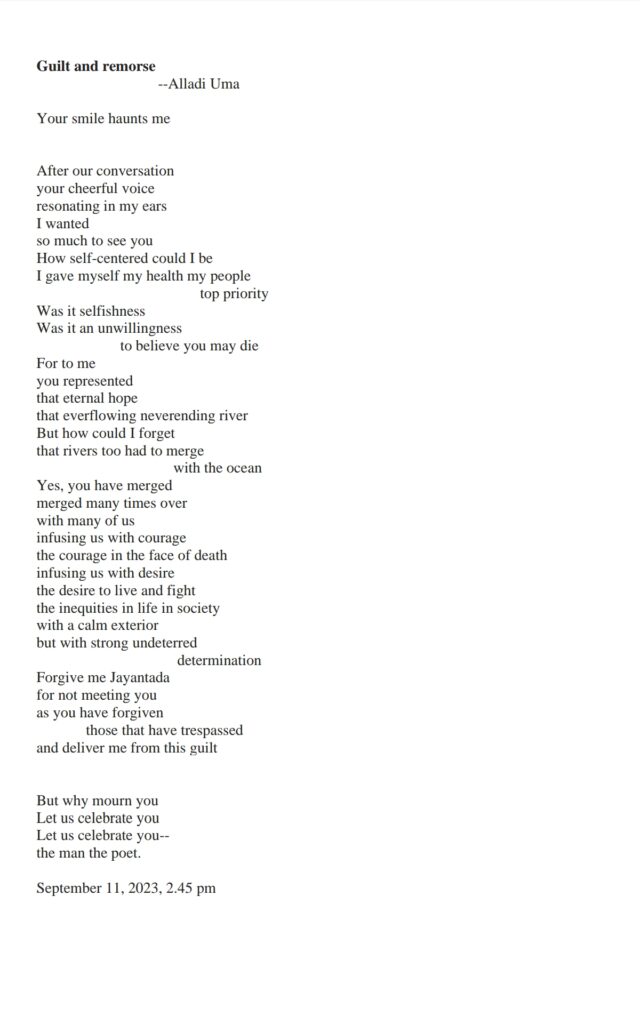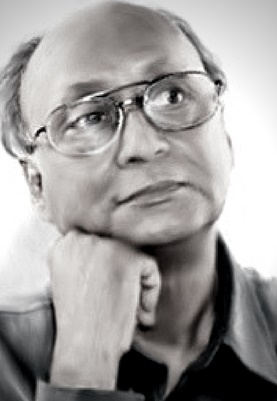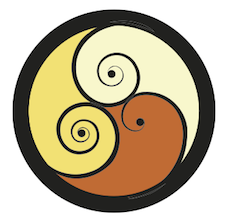 Chandrabhaga. An extant river. But a name that he adopted to make several streams to flow into this journal. It had its seasonal rains. It had its dry spell too. Yet, he revived it, revitalized it in its new avatar!
Chandrabhaga. An extant river. But a name that he adopted to make several streams to flow into this journal. It had its seasonal rains. It had its dry spell too. Yet, he revived it, revitalized it in its new avatar!
Look at the pictures of the moon! Its surface, dark for the most part. But there’s a resplendent shade, where perhaps the camera is focused. That’s Jayanta Mahapatra for you, with his bald pate and a resurgent smile!
Who would have imagined the “Indo-Anglian,” dry, stark, ironic tenor of Indian Poetry in English to take such a new course! “Hunger,” “Relationship”s, “Bare Face”s and such, turn its tide and provide it with a touch of sentiment!
Poets of great distinction writing in languages other than English find their course leading to Chandrabhaga! “Send me poems, not one, at least four or five,” of one of the new voices (poets/short story writers) in your language,” he would ask. A few months later, you receive a copy of Chandrabhaga, with an inscription in his own handwriting, even on the address on the envelope, and sometimes, a letter in his own inimitable style.
He wrote, of course, primarily in English. But he wrote, though late in his life, in his mother tongue Odia too. He wasn’t apologetic about it, when asked by critics that his Odia perhaps sounded not so natural. He was soft-spoken, of course! But that did not prevent him from being firm. He said that it is his own style, whatever others might think of it. He was unassuming no doubt, but he would not give in, uncompromising as he was in his own set standards of literary taste.
He had that not so common courage of conviction. In 2015 returning the Padma Shri,the civilian honour he had received, he said he “would feel ethically impugned if I did not raise my voice in dissent against the growing moral asymmetry that’s visible in our country.”
He was normal too, as normal could be. He would not hesitate to ask you, if you were close to him, to write a review of his new book.
“Don’t call me early in the morning. I take a lot of pills. You can call me late, late afternoons included,” he would say.
He survived his wife, when everyone thought he would go first. He survived his son, and Sarojini (the Telugu person from Vizag, with whom we communicated when he was unwell and could not take calls), who looked after him till some months ago.
He wrote his will, in his own handwriting, that is circulated in the IACLALS mails (with the second page mysteriously missing), giving instructions about things to be done and not to be done to his body after his death.
But what about Chandrabhaga, that child in his own image!
—









Add comment